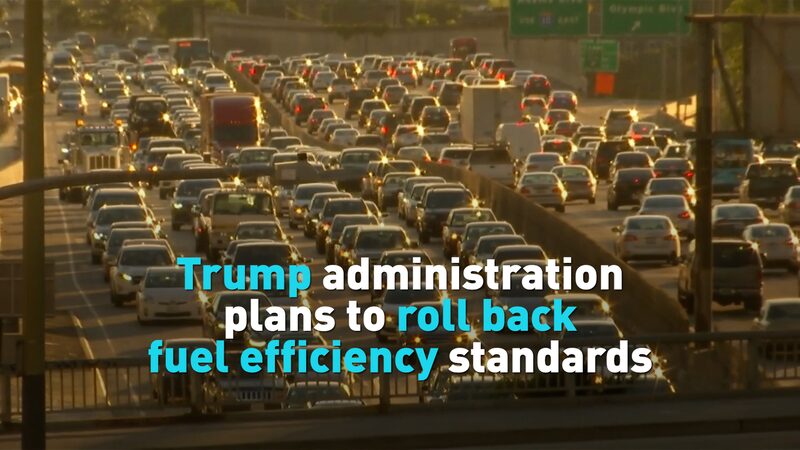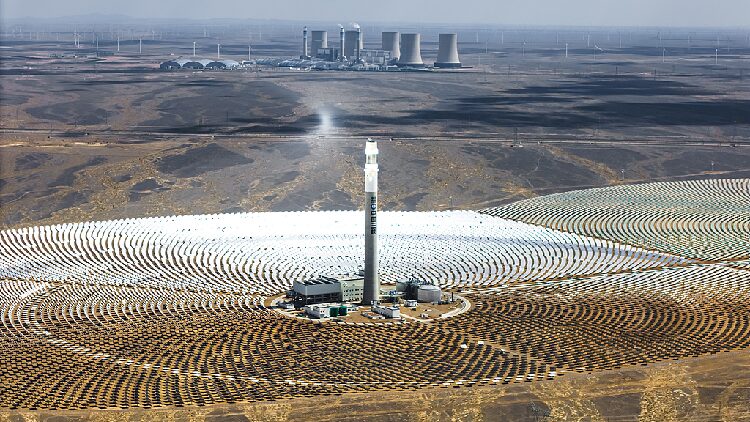The Trump administration has announced plans to roll back fuel efficiency standards for new cars and pickup trucks, a move that has sparked concerns among environmentalists and climate activists.
The current fuel efficiency standards set minimum miles-per-gallon (MPG) requirements for vehicles, aiming to reduce fuel consumption, cut down on air pollution, and limit carbon emissions contributing to climate change. These standards also help consumers save money by requiring cars to be more fuel-efficient, reducing the amount they spend on gasoline.
However, the administration argues that these guidelines are driving up the cost of new vehicles. “By easing the regulations, we can make cars more affordable for consumers,” officials say. They believe that lower car prices will encourage people to buy newer, safer vehicles, boosting the automotive industry.
Environmental groups, on the other hand, warn that rolling back these standards could have serious consequences for the environment. “This move undermines efforts to combat climate change and will result in increased air pollution,” says a spokesperson for a leading environmental organization. They emphasize that reduced fuel efficiency means cars will consume more gasoline, leading to higher greenhouse gas emissions.
The impact of this decision extends beyond the United States. As one of the world’s largest contributors to carbon emissions, changes in U.S. energy policies can influence global climate patterns. Countries in the Global South, which are often the most vulnerable to the effects of climate change, may face increased risks such as extreme weather events, rising sea levels, and food insecurity.
Critics also point out that technological advancements have made it possible to produce fuel-efficient vehicles without significantly increasing costs. They argue that the focus should be on promoting innovation in the automotive industry to develop affordable, eco-friendly transportation options.
As debates continue, many are watching closely to see how this policy change will unfold and what it means for the future of climate action. For young people around the world, the decision highlights the ongoing struggle between economic interests and environmental responsibility.
Reference(s):
Trump administration plans to roll back fuel efficiency standards
cgtn.com








